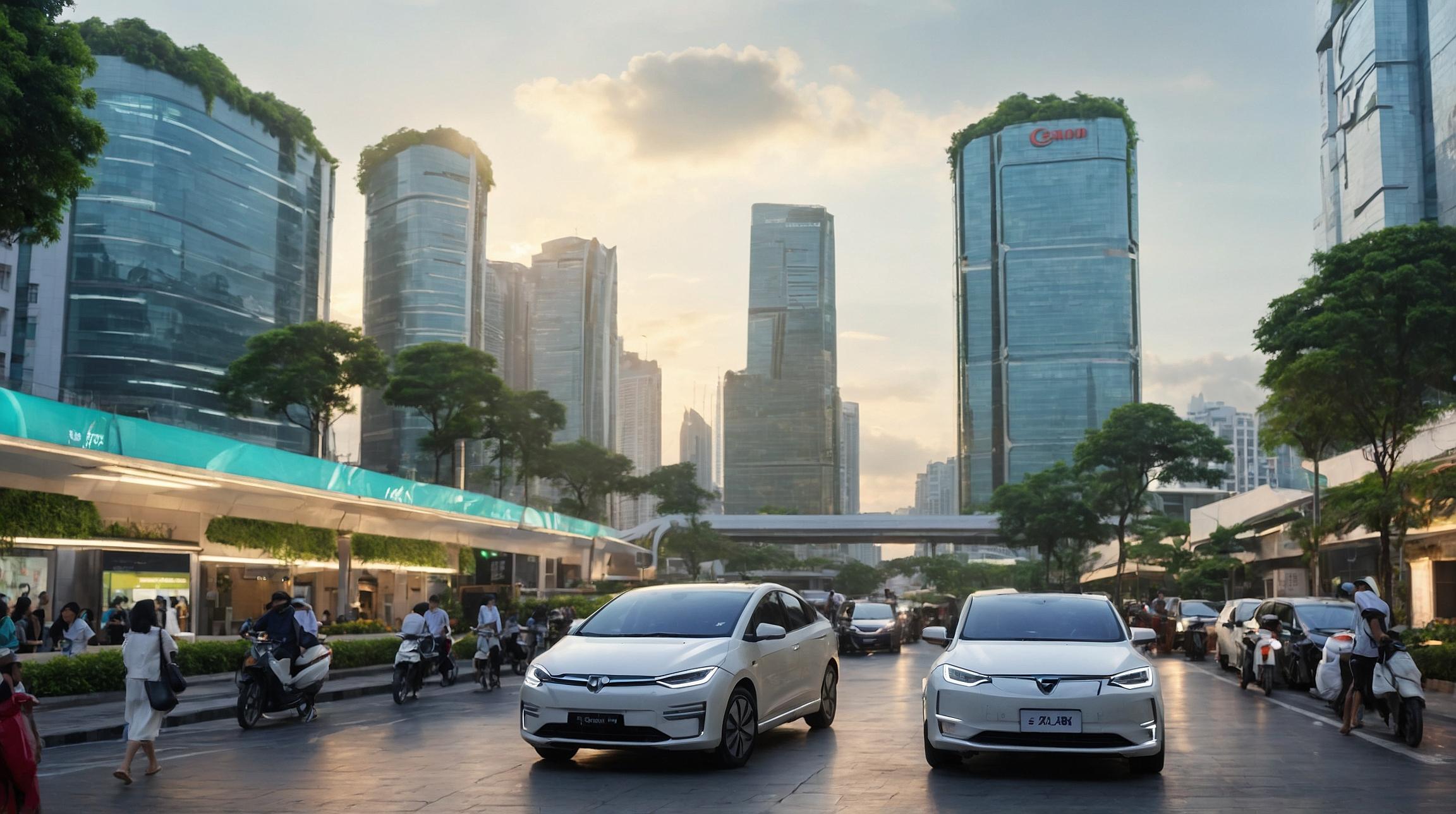Vietnam's Push Towards EV Adoption
Vietnam is making significant strides towards promoting the adoption of electric vehicles (EVs) by planning to subsidize electricity prices for EV charging stations. This initiative is part of the country's broader strategy to transition to green energy and meet its ambitious carbon neutrality goals by 2050. The subsidy plan, which reflects Vietnam's commitment to sustainable development, will be submitted to the central government for approval by mid-September.
Importance of Green Energy Transition
The Vietnamese government emphasizes that transitioning to green energy is crucial for achieving sustainable development and fulfilling international commitments. By lowering the costs associated with EV charging, the government aims to make electric vehicles more attractive to consumers, thereby reducing reliance on fossil fuels.
VinFast's Dominance in EV Charging Infrastructure
Currently, Vietnam has over 150,000 EV charging ports, with a significant portion owned and operated by VinFast, a leading Vietnamese EV manufacturer. This infrastructure expansion is crucial for supporting the anticipated increase in EV usage as the country moves towards cleaner energy solutions.
Incentives for EV Production and Use
In addition to subsidizing electricity prices for charging stations, the Vietnamese government is considering incentives to boost EV production and imports. These incentives are designed to encourage consumers to transition from traditional internal combustion engine vehicles to more environmentally friendly electric vehicles.
Ensuring Access to EV Charging in Urban Areas
Vietnam plans to ensure that all urban areas are equipped with public EV charging systems. This accessibility is vital for encouraging widespread adoption of electric vehicles. Furthermore, a unified set of technical standards for EV charging stations is expected to be issued by the end of the month, ensuring consistency and reliability across the network.
Policy Support for EV Adoption
To further support the growth of the EV market, Vietnam has implemented policies such as exempting registration fees and reducing special consumption taxes for new electric vehicles. These measures are designed to lower the financial barriers for consumers looking to switch to EVs, making them more competitive with traditional vehicles in terms of cost.
Vietnam's strategic initiatives in promoting electric vehicles and supporting infrastructure are aligned with global trends towards sustainable transportation solutions. By focusing on reducing emissions and enhancing green energy use, Vietnam is positioning itself as a proactive participant in the global effort to combat climate change.













